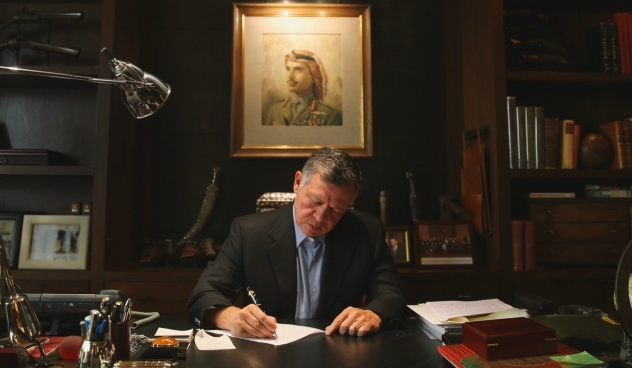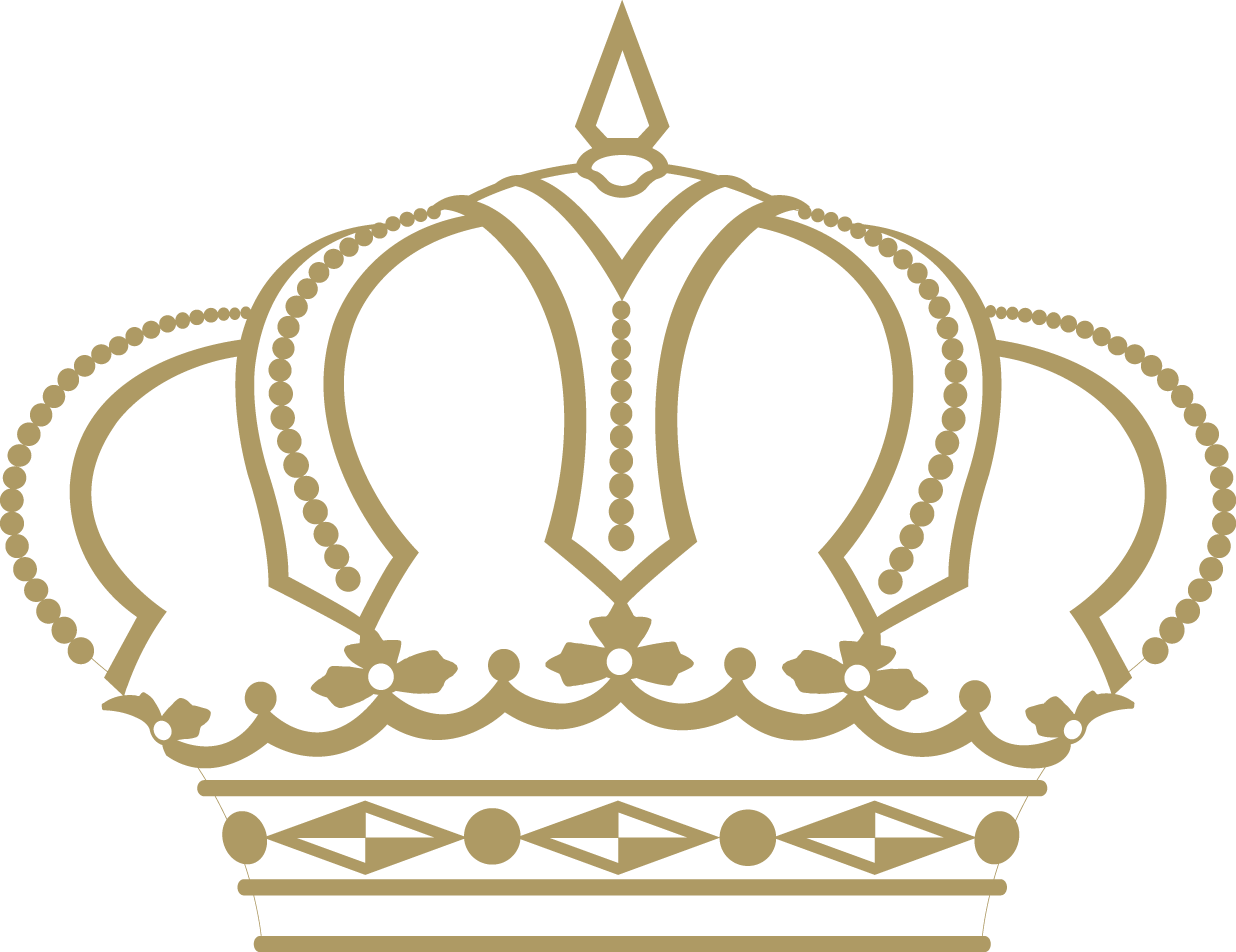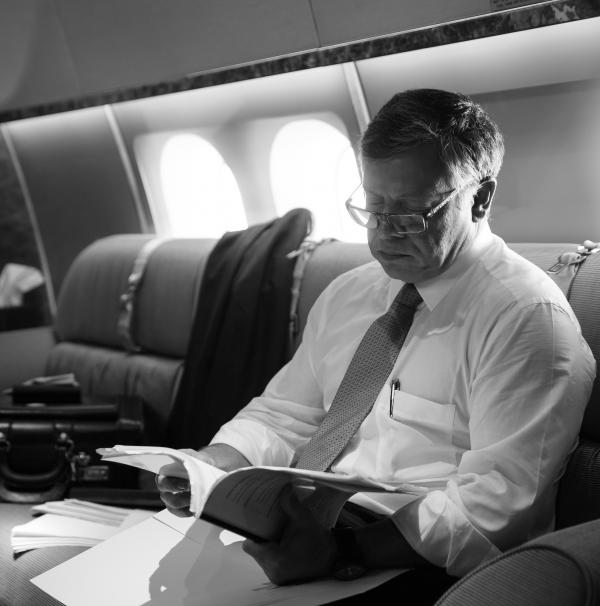Discussion Papers

By Abdullah II ibn Al Hussein
2 June 2013
"Politics only works if we all embrace the principle of “active citizenship”, which is based on three pillars: The right to participate; the duty to participate; and the responsibility to participate peacefully and respectfully"
Some have argued in the West, and even within our communities, that the Arab world is not interested in or suited for modern politics. They have claimed that democracy is not something the Arab world wants or can handle, and that we are not ready.
In Jordan, we have never accepted this view and never will.
The renewal of political life across many Arab countries can succeed in meeting the aspirations of Arab people towards a better future, but there are, of course, challenges along this path. As I have said before, this path has not been, and will not always be, smooth and straightforward, but it is inevitable for societies seeking evolution.
Political Participation and Active Citizenship:
Before outlining the mission and goals of Demoqrati, let me first offer my thoughts on the importance of politics and active citizenship.
What do I mean when I talk about politics? I mean it in the broadest sense – the process through which we discuss the issues facing our society, argue with mutual respect about our disagreements, and reach workable solutions through constructive debate and compromise. It is an essential means to resolve our differences for the benefit of society as a whole.
Politics is also not just about national issues debated under the dome of our Parliament. It is as much about local community issues impacting the daily life of every citizen. Parents concerned about the quality of education at their local school. Commuters concerned about public transport. Neighbours concerned about public services.
But politics only works if we all embrace the principle of “active citizenship”, which is based on three pillars: The right to participate; the duty to participate; and the responsibility to participate peacefully and respectfully, and they go hand in hand with the following principles:
First, all citizens have the right to engage in political life. The space to freely express divergent political views must be protected.
Second, in its essence, politics is a responsibility and a duty. Each citizen must share a part of the burden of deciding on the future we want to build for our children. Our duty as citizens does not end with the act of voting in national elections. That’s why it is so important that every Jordanian honours this duty by actively participating in civic and political life on a daily basis. This could be as simple as campaigning on the issues that matter to us, volunteering for civic activities, or joining a political party.
Of course, true democracy also means that some can exercise their choice to remain apolitical and disengaged or boycott the political process. But those who take this path are giving up a profound opportunity – and indeed their duty – to contribute to the wellbeing of their country. As citizens, we share a common destiny and therefore a common duty. A mindset of apathy, complacency and mediocrity is the surest way to hold back our development as a nation. We cannot build a better, stronger Jordan without embracing the principle that active citizenship is a duty that must be shouldered by each and every one of us as citizens.
Third, active participation in political life also brings with it certain personal responsibilities about how to engage. In my first discussion paper, I outlined four key practices all citizens need to embrace for political life to flourish: Showing respect, engaging actively, embracing dialogue and compromise while rejecting violence, and acknowledging that gains and sacrifices need to be shared.
What is important to emphasise here is that disagreement and constructive opposition expressed in the civil fashion described above and based on positions grounded in fact – not impressions, hearsay, or populism – are among the greatest ways in which a citizen can show loyalty to his or her country.
Honour and respect are of course cherished pillars of our Arab culture. We must use them to our advantage as they provide strong foundations upon which we can and should engage in political life. But it is important to emphasise that we disrespect and dishonor others not when we disagree with them, but whenever we are not willing to listen to their point of view. Our debates to make the best possible decisions in the interest of the nation as a whole should be guided by objective facts, not rumours and hearsay, nor nihilistic skepticism vis-à-vis our collective achievements as a nation, nor theorizing and over-diagnosing the past, without providing workable solutions for present and future challenges.
Moving Forward: Providing Jordanians with the Tools for Active Citizenship:
The official launch today of Demoqrati, the Democracy Empowerment Programme, by the King Abdullah II Fund for Development, marks another milestone along the path of our democratic development journey.
Today will be a celebration of all the passion and commitment that many Jordanians, young and old, have already shown in developing our civic and political life. This includes all of you who turned out to vote in this year’s elections; all of you who have participated in peaceful constructive rallies for the public interest; and all of you who have led or participated in community activities, whether helping to organise a local boy scouts group, hosting debates and online discussions about current political issues, or others.
Demoqrati is set to enroot ‘active citizenship’ by empowering individuals and organisations with practical ideas about developing our democratic model with some support to do so. By supporting ‘social entrepreneurs’ to have a greater say in public affairs, Demoqrati will help expand the tools and platforms –debate forums, training programmes and others – available to all Jordanians to enable them to be active and engaged citizens.
Demoqrati will initially focus on efforts to increase transparency, provide new ways for Jordanians to discuss and debate critical issues facing the country, and seek to harness the talents and creativity of all Jordanians in the service of society.
Jordan already has many examples of organisations actively involved in these and other aspects of our civic and political life. I commend all of you already working diligently to build civil society across our country for your pioneering efforts. To those who are already doing this important work, Demoqratiwill offer the opportunity to gain additional support to expand your activities.
At the same time, we recognise that as a society we have not always tapped into all the good ideas that Jordanians have to offer to ourselves and our country. For those of you with new ideas about ways to engage your fellow citizens, it is my hope and expectation that Demoqrati will help many citizens from all walks of life launch and sustain new initiatives promoting active and peaceful civic and political engagement.
While the details of the programme will be outlined more fully today and in the coming weeks, let me highlight a few key principles by which I have asked that Demoqrati operate.
Firstly, Demoqrati will be strictly non-partisan. It will support organisations – small and large – whose goal is to help build peaceful civic and political engagement across society, but it will not support political parties.
Second, Demoqrati will be transparent in the way in which it provides its support. Several programmes will be open to all Jordanians and based on a rigorous and competitive selection process. Other larger scale initiatives will be launched in partnership with existing initiatives or organisations with a track-record of success.
While Demoqrati represents a qualitative addition to our civil society, it will by no means address all of the challenges we will face together as our political development journey continues. But it is part of my own personal commitment through the King Abdullah II Fund for Development. I encourage all Jordanians with creative ideas, willingness to work hard in the service of our country, and desire to lead this work of building our democratic political system to step forward and take advantage of this important new programme. By doing so, you will emerge as a civic leader in our society, help build a better and stronger Jordan for all Jordanians, and show the region and the world what Jordanians can achieve.
This is the fourth in a series of discussion papers His Majesty King Abdullah II has been publishing to share his vision for the Kingdom’s comprehensive reform process. It coincides with the launch of “Demoqrati”, the Democracy Empowerment Program, under the umbrella of the King Abdullah II Fund for Development.


